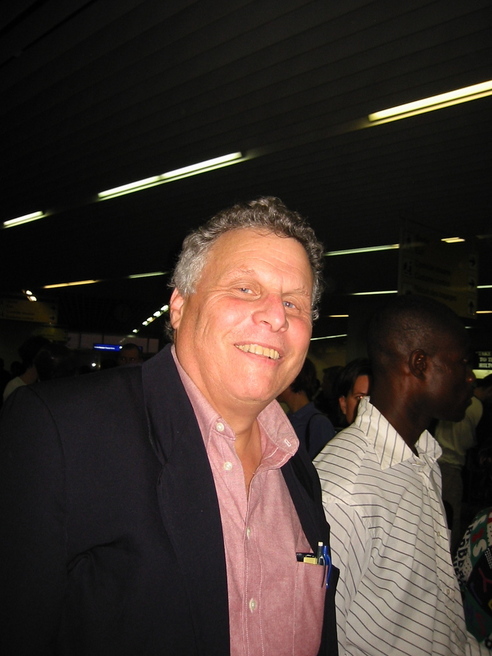
Michael Gottlieb received his Ph.D. in Biology from the City University of New York and conducted post-doctoral research in the Bacterial Physiology Unit of the Harvard Medical School and in the Laboratory of Parasitic Diseases at NIAID, NIH. In 1978, he joined the faculty of the Johns Hopkins University School of Hygiene and Public Health where his research efforts focused on the biochemistry and cell biology of pathogenic trypanosomatid protozoa. In 1991, he returned to NIAID as program officer in, and subsequently Chief of, the Parasitology and International Programs Branch. Within NIAID, he coordinated the Institute’s International Centers for Tropical Disease Research network and represented the Institute in its support of the Multilateral Initiative in Malaria. He was also responsible for initiating and developing the Institute’s pathogen genomics research program for which he received the Department of Health and Human Service Secretary’s award. In 2004, he retired from government service to join the Foundation for NIH, where he served as Associate Director for Science until his retirement in 2018. There he managed awards under the Grand Challenges in Global Health and Vector-based Control of Transmission: Discovery Research programs, and acted as principal investigator for a multinational project on the Etiology, Risk Factors and Interactions of Enteric Infections and Malnutrition and the Consequences for Child Health and Development.
Michael's career in global health research led to many enduring friendships around the world. He was a widely respected scientific colleague, advisor, mentor, and teacher. He approached his work as an act of service, to further scientific discovery and support those who conduct it, and to improve the lives of those suffering from tropical infectious diseases. The people Michael worked with always could tell he cared about them, wanted them to succeed, and would do his best to help them do so. Along with his scientific acumen and leadership, his colleagues appreciated the gentle way he advised and guided them.